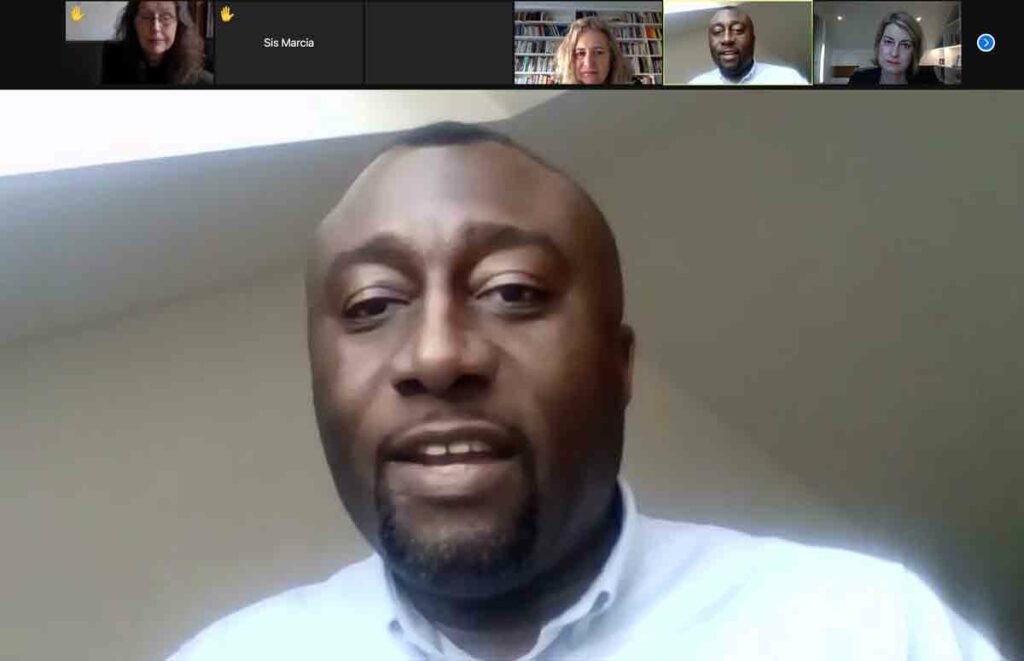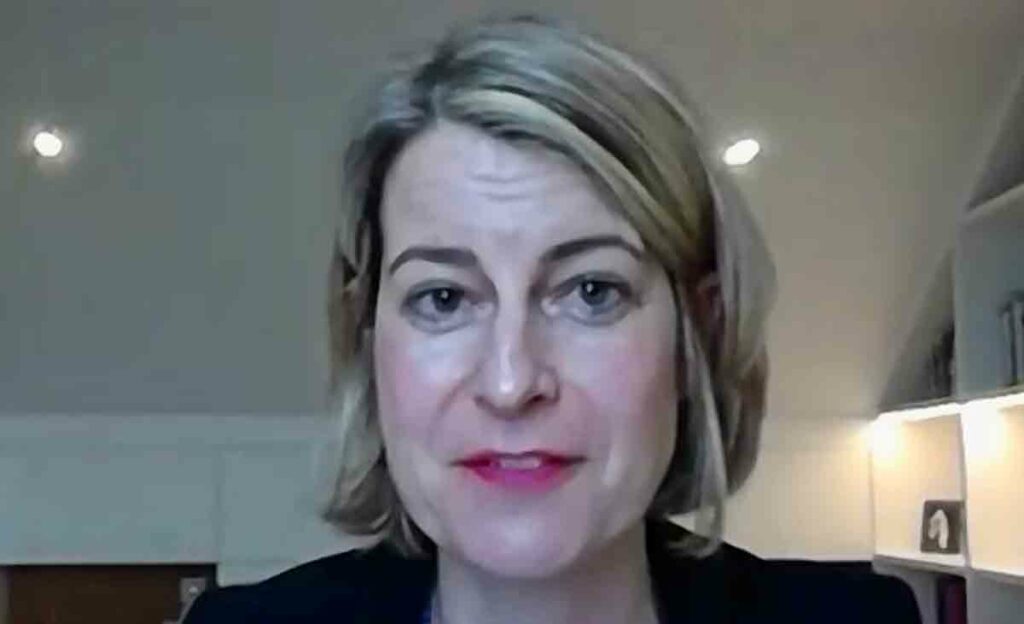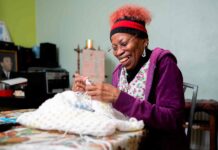
Black African and Caribbean residents of Lambeth and Southwark are eight times more likely to be detained under the Mental Health Act than white residents, Brixton MP Helen Hayes told an online meeting last night (21 April).
“This is an issue of justice and it is an issue of equality,” she said.
The meeting, organised by Lambeth and Southwark Mind – the mental health charity – was to launch its response to a government consultation on reform of the Act.
The response has nationwide significance as Lambeth and Southwark Mind worked on it with the charity’s national organisation.
The two boroughs have significant BAME communities, particularly those of Black ethnicity (around 25%), with twice as many people of Black heritage likely to have a mental illness compared with white British counterparts.

Alastair Smith-Agbaje, CEO of Lambeth and Southwark Mind, said: “The people Lambeth and Southwark Mind represent are disproportionately affected by mental health inequalities, and it is our duty to speak up for them.
“Our submission covers a number of topics, including a push for culturally appropriate peer support groups, advocacy, and counselling in order to help tackle ethnic discrimination.
“In addition, the submission discusses detention thresholds, mental health vehicles, introducing nominated persons, advanced choice documents, advocacy and short-term detention in A&E.”
Lambeth and Southwark Mind discussed changes in the Mental Health Act with employees, trustees, volunteers, charity members, members of the public and community leaders.
Helen Hayes told the meeting that her first job – working for a Liverpool solicitor in the summer holidays from the age of 14 – included opening letters from people who had been detained under the Mental Health Act.
“That gave me the starkest possible insight into the complexity of mental health support and detention under the Mental Health Act, and the distress that is caused by people being held against their will,” she said.
The system then did not serve the need of patients and it was difficult for them to make their voice heard.

Her Dulwich and West Norwood constituency covers an area where there is a very high incidence of mental ill health. Including large parts of Brixton, it is also one of the most diverse constituencies in the country.
The MP said that the official mental health act review had acknowledged that there is disparity in mental health provision.
This was illustrated “most starkly” in statistics showing that Black African and Caribbean residents are eight times more likely to be detained under the Mental Health Act than white residents, Helen Hayes told the meeting.
She said complex factors affected mental health in the Lambeth and Southwark area and often included racism, poverty and social injustice.
Summarising local responses on how care in the community could be improved, William Moore, on secondment to Lambeth and Southwark Mind from legal firm Ropes & Gray, said people wanted proactive help for people with problems, not a reactive approach in a crisis.
Helen Hayes highlighted three areas:
Advocacy – people being dealt with under the Mental Health Act should automatically have the right to have someone to advocate their case and be able to opt out if they wish, rather than the current system of having to opt in. Lambeth and Southwark Mind stressed the need for “culturally competent” advocates.
Vehicles – the need to use discreet vehicles that offer people needing mental health care dignity and respect, rather than putting them in ambulances or police cars
Resources – the government could not be allowed to get away with describing services that, on paper, look adequate but which are not properly financed.






